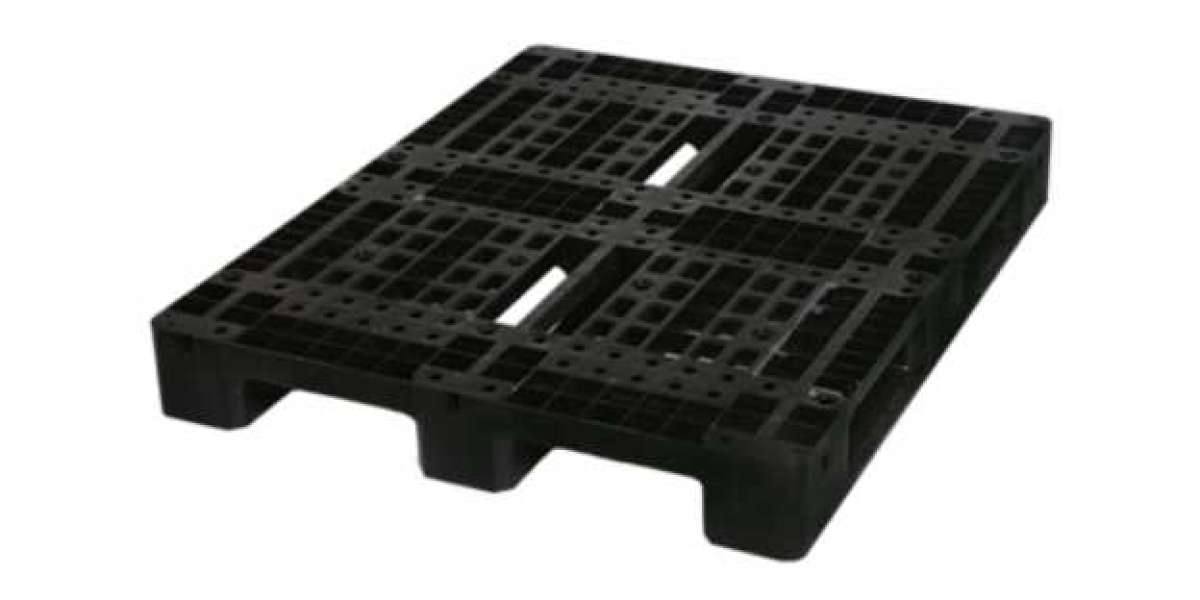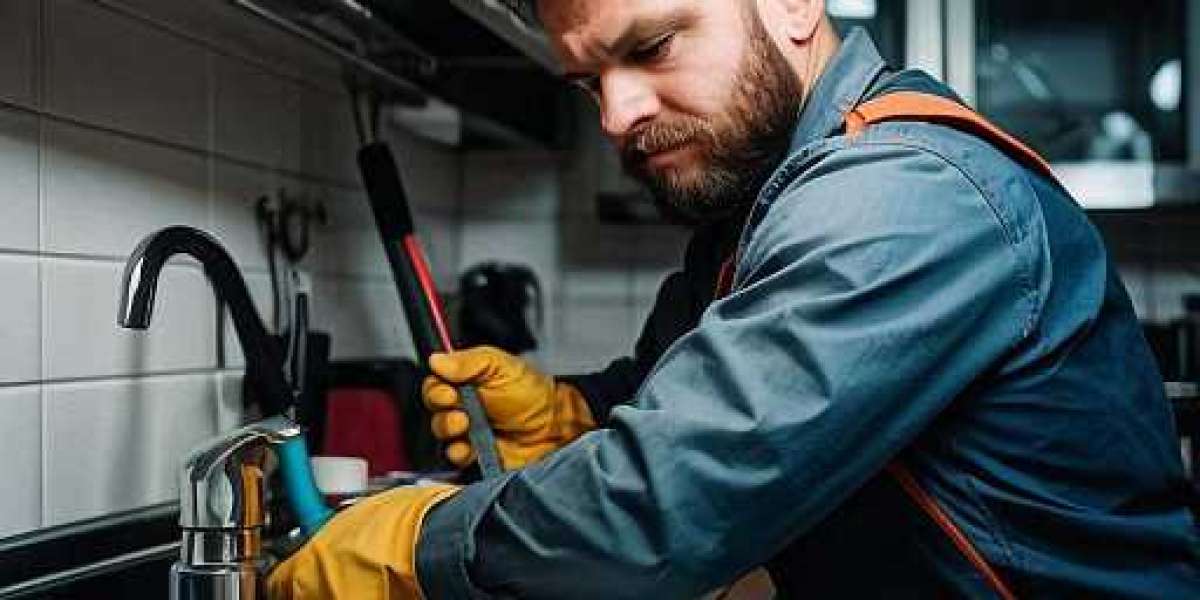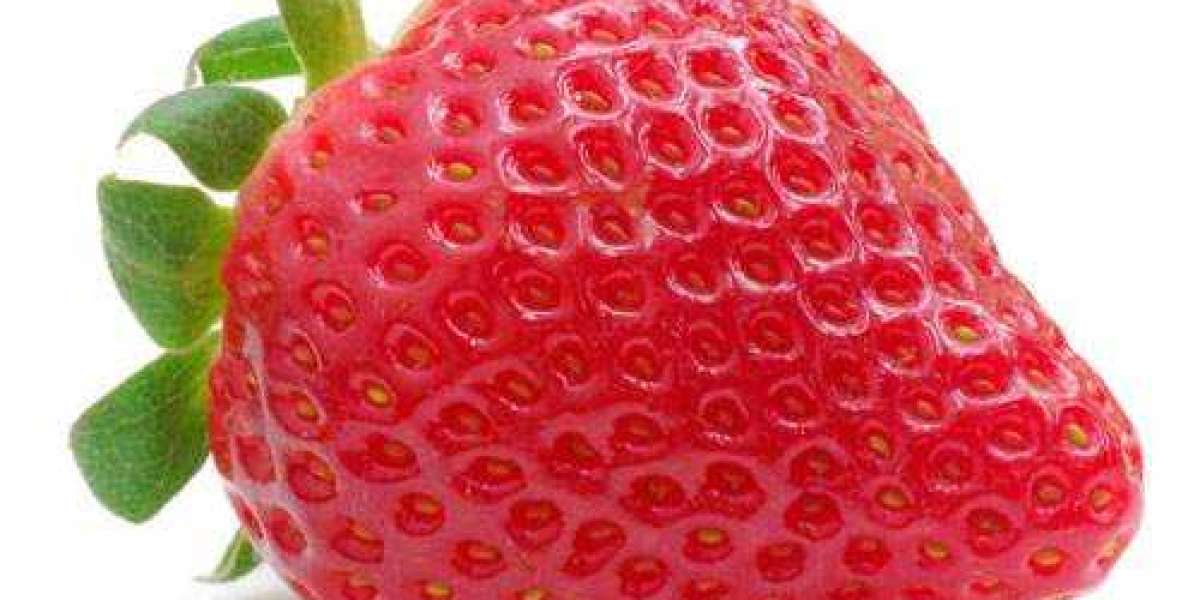The advancement of home appliances has been greatly influenced by the development of home appliance moulds. These moulds are used to form various components that make modern appliances efficient, reliable, and user-friendly. With the rapid pace of technological innovation, the design and use of these moulds have evolved, allowing for smarter, more compact, and energy-efficient appliances.
Modern home appliance moulds are often made of high-strength materials like steel, which ensures that they can withstand the pressures and temperatures involved in the moulding process. In addition to their durability, these moulds must be designed with precision, as even the smallest flaw in the mould could result in a defect in the appliance.
One significant development in home appliance moulding is the increased focus on energy efficiency. Manufacturers are using moulding techniques that allow for the creation of components that contribute to reduced energy consumption, such as energy-saving motors and insulation materials. By shaping components that are more efficient and durable, home appliance moulds play a key role in reducing a household's energy usage and carbon footprint.
Moreover, home appliance moulds are helping manufacturers keep pace with consumer demand for smarter devices. As smart appliances become more common, these moulds are being used to create components that integrate seamlessly with advanced technologies, such as sensors, touch controls, and IoT connectivity.
In conclusion, home appliance moulds are critical in shaping the future of household technology. Through innovation in design and material use, these moulds help create appliances that are smarter, more energy-efficient, and more reliable.








